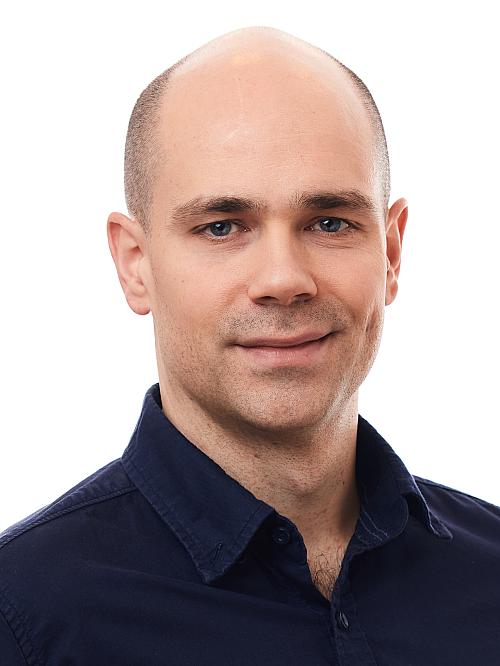Djordje Popovic
Research groups
Biography
Djordje is born (1985) and raised in Belgrade, Serbia. In 2011 he obtained the Bachelor of Science (B.Sc.) degree with a major in Wood processing, specialisation in Furniture quality, at the School of Forestry, Belgrade University. The following year (August, 2012) he moved to Skellefteå, Sweden to pursue further education in Wood technology at Luleå University of Technology. Beginning of 2015 he obtained the Master of Science degree and moved to Jönköping where he started Ph.D. studies in the field of production systems at the department of Industrial Engineering and Management at the School of Engineering, Jönköping University (JTH). He was at the same time enrolled in the ProWOOD research school. He defended his PhD in September of 2020. After 9 months of employment in the industry (OBOS Sverige AB) he took the position of an associate lecturer at JTH where he does research at OBOS Sverige AB on 50% basis and teaches different subjects related to product development at Bachelor, Master and Advanced level.
Research
The purpose of research is to gain a better understanding of how can the timber house off-site production efficiency be improved through process platform development. Like other industries, industrialized house building is also facing an increasing need for customized products. The only way for the companies to offer variety to the market and make profit with affordable products is by improving the internal efficiency. This implies eliminating wasteful operations from their processes and keeping the value adding activities. In the last couple of decades there are number of companies that have faced this challenge but nevertheless capitalized by using process platforms. This study has a focus on the prefabrication processes of the off-site production of single family timber houses. By collecting available knowledge from the literature about process platforms and combining it with empirical findings from the cases companies it will be investigated how these principles can be applied in the context of industrialized house building. Reconfigurable and flexible manufacturing solutions together with the barriers of their implementation are expected to be the main findings of this research project.


 Change your information
Change your information